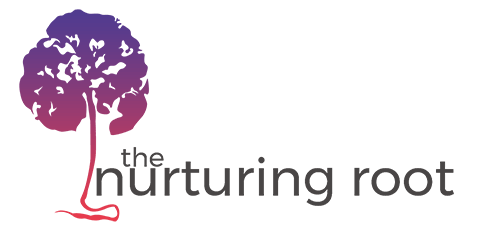Babywearing: The Holiday Helper
With the holiday season in full-tilt, those of you with new babies may be feeling a bit hesitant about taking your little ones to holiday gatherings or to community events. Concerns range from not wanting Aunt Susan to sneak your baby a taste of that pumpkin pie to trying to avoid kisses from every well-meaning…
